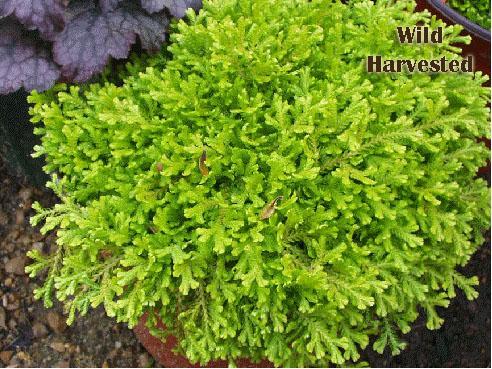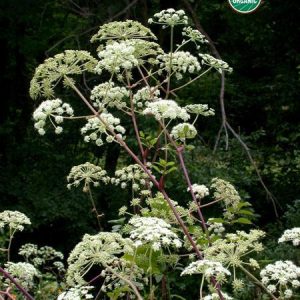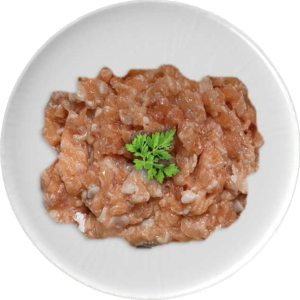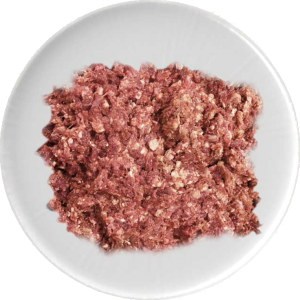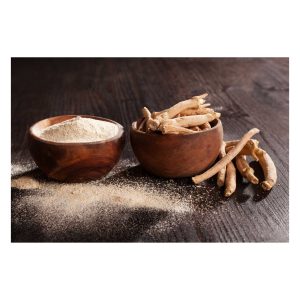BioComplete™ Club Moss Powder
Effective herbal diuretic, eases conditions associated with suppressed urine, stones, irritable bladder, edema, gout, strengthens the stomach, treats irregular menstruation. Treats kidney and liver, is an analgesic and antiseptic, treats fever and inflammation. Externally used as a dusting powder to relieve various skin diseases, such as eczemas, itchy or irritated areas and erysipelas.
Lycopodium clavatum, vegetable sulphur, goat's claw, stag's horn, wolf claw, running pine, and robin hood's hatband
Club moss is an evergreen related to ferns that is native to Europe, and harvested mostly in Russia. Though it is called a moss, it is actually more related to ferns than to true mosses. Traditionally, herbal healers employed the entire plant to relieve muscle cramping, and as a diuretic. One herbal recommends that those suffering from muscle cramps and gout use a pillow stuffed with club moss, and reports relieving cramps by wrapping the affected area in lengths of club moss. Nowadays, the only part of the plant used medicinally is the powdered spores by which it reproduces. Interestingly, those spores have a number of other uses as well, in Victorian England, they were sometimes used in the theater to create a flash fire, since the high aluminum content of the plant cause a bright, fast-burning fire when ignited. The spores are highly moisture resistant, and can be used as a dusting powder for skin ailments like eczema, and to prevent chafing, and may be applied to wounded tissue to absorb moisture. Its most common modern pharmaceutical use is as a dusting powder to prevent pills from sticking together. The plant is known to be diuretic, analgesic and antispasmodic.
Alkaloids, about 0.1-0.2%, of which the major one is lycopodine; with clavatine, clavatoxine, nicotine and many others. Polyphenolic acids including dihydrocaffeic, flavonoids including apigenin, miscellaneous; triterpenes.
Whole lichen (also known as spores or moss)
Dried spores as a powder, tincture prepared from dried leaves and stems. Usually found in extract and capsule form. Suitable as a tea.
Once listed in the United States pharmacopeia, club moss is traditionally used to treat kidney and liver complaints, promote healing in wounds, stop bleeding and help drain tissues of excess fluids. It is a recognized diuretic, and may have analgesic and antiseptic properties. The leaves and stems contain two poisons, lycopodine and clavadine, but the spores are completely non-toxic. Club moss is widely used in homeopathic medicine to treat a wide variety of ailments, but its effectiveness is not established by research. Among the traditional uses are: - treat irritable bladder - diuretic to encourage urination - prevent chafing - regulate menstruation - reduce edema - relieve itching in skin conditions - treat eczema, erysipelas - antispasmodic to relieve gastritis, kidney complaints, dysentery
Not to be used while pregnant. Not for long term daily use. When used as directed, there are no known side effects or dangers, though severe overdoses can cause gastric distress.
This information has not been evaluated by the Food and Drug Administration. It is not intended to diagnose, treat, cure, or prevent any disease. These food products may be beneficial for supporting optimal health.
For educational purposes only.
Capsules available upon request.
Additional information
| Size | 1.2 oz Small Jar, Jar of Capsules 60 count, 3.4 oz Large Jar |
|---|

